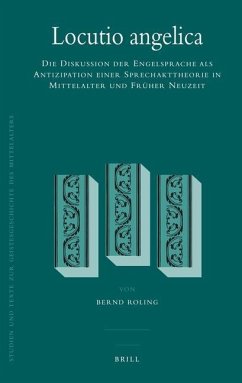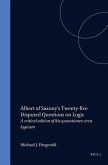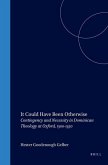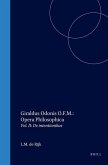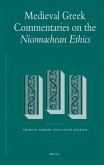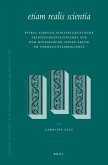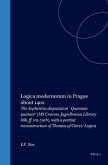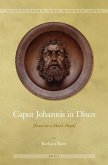The question of how pure spiritual beings like angels communicate had already been discussed by the Church Fathers. How could an angelic speech-act take place, if it does not follow the laws of ordinary language? The scholastic philosophers conducted an extensive and rather controversial debate about the language of angels ('locutio angelica'), which covered pragmatics, aspects of the 'Language of Mind' and the theory of truth and meaning. This debate was already very complex in the Middle Ages, but in Jesuit circles (and in Baroque Scholasticism more generally), discussions of angelic communication became a leading field of interest in the philosophy of language influencing such eminent thinkers as Leibniz. This study reconstructs the 1500 years of controversy on the language of angels as a striking example of the longue durA(c)e of European intellectual history.
Hinweis: Dieser Artikel kann nur an eine deutsche Lieferadresse ausgeliefert werden.
Hinweis: Dieser Artikel kann nur an eine deutsche Lieferadresse ausgeliefert werden.

